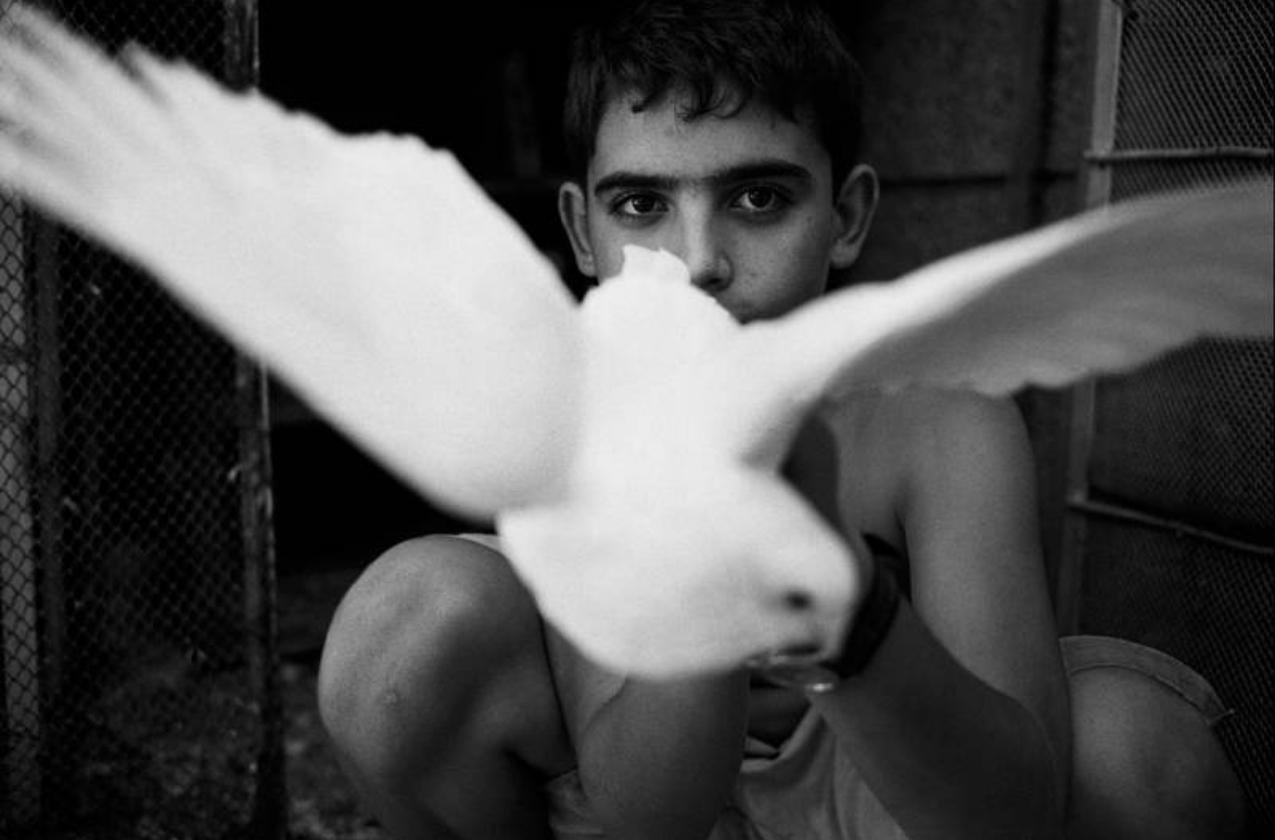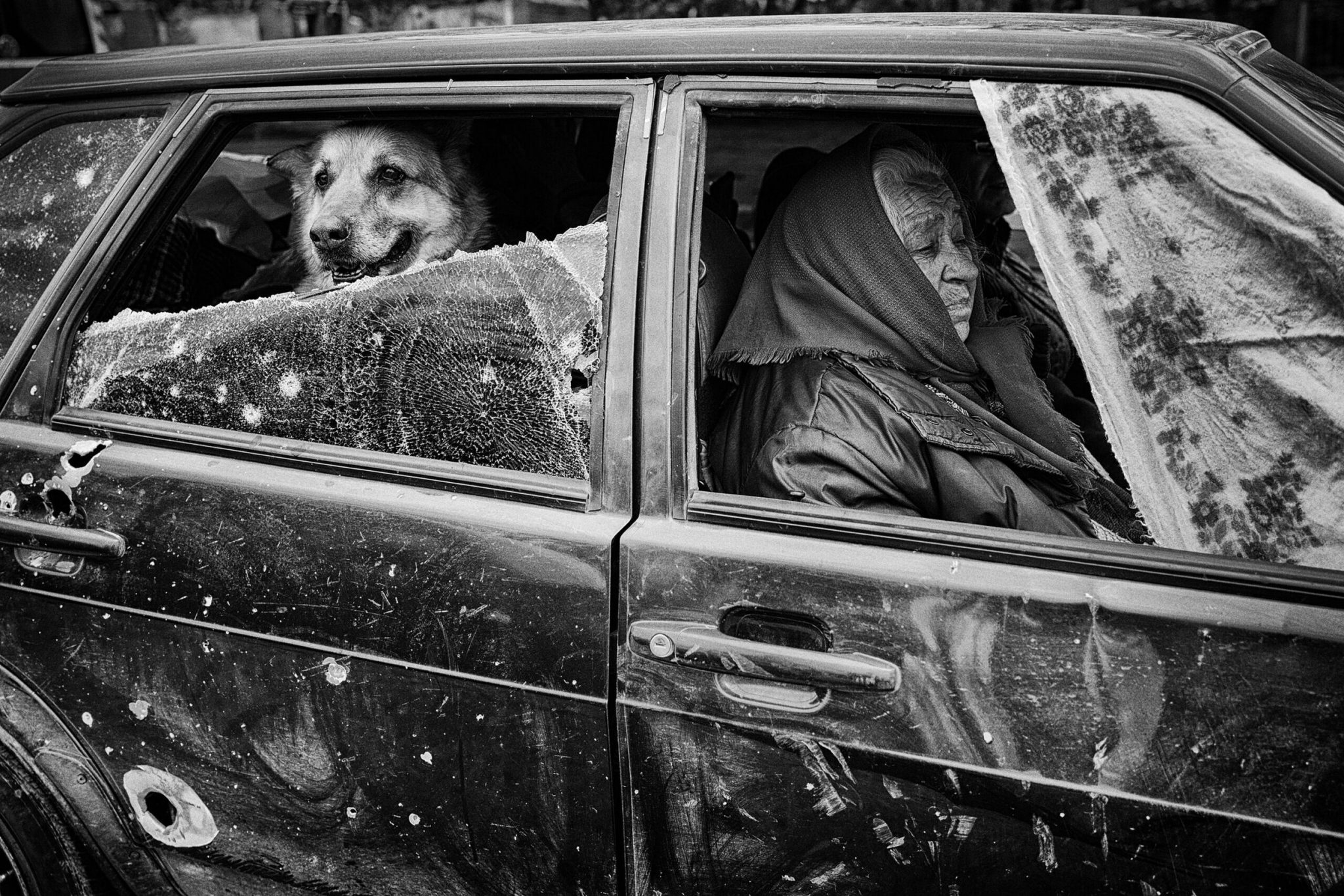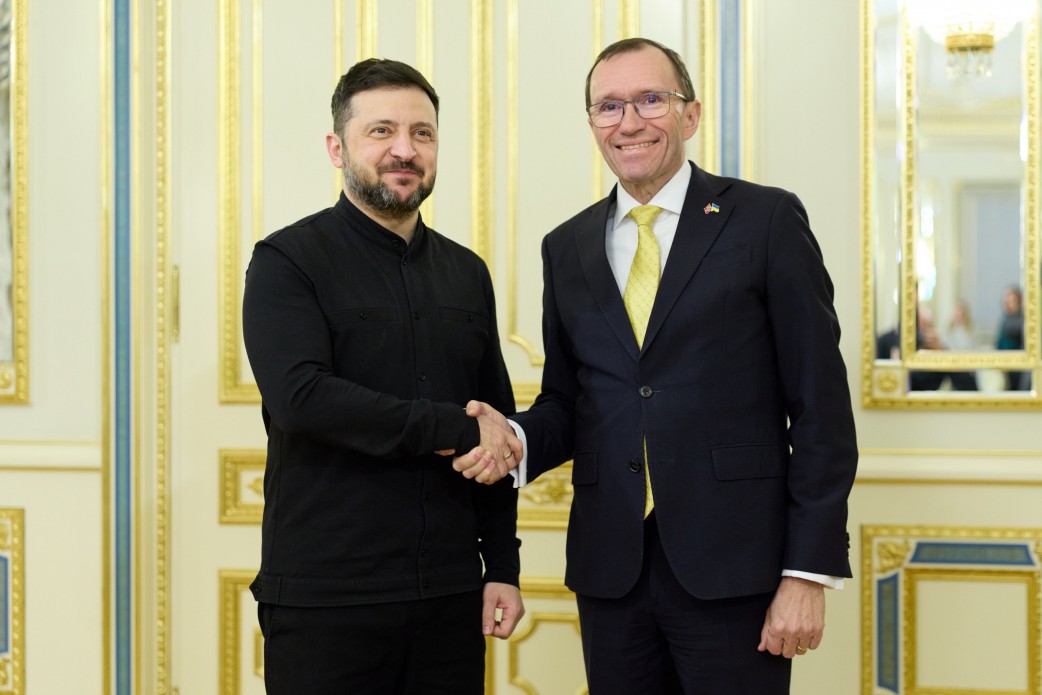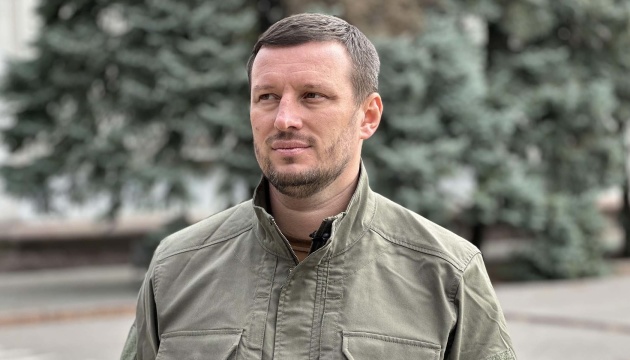Her heroes are human beings who can be close to the heart of anyone, they touch us with their timelessness. Ljalja Kuznetsova is a poet who knows his craft and enriches our lives with the gift of her works. "Gypsies", Odessa 1990.
Over time, photographs take us from wandering gypsies living in tents on the steppe to gypsy settlements outside of such big cities as Odessa. Now there are houses and the feeling of a closed space ... This is not only the world of the gypsies. Other people appear in the frame: Uzbeks and Tatars, actors of traveling circuses. They are renegades, who keep or are held by fate off the highway that tempts millions to move to big cities. Ljalja Kuznetsova also remains in her beloved province and continues to film life in places built to human standards.
Lyalya Kuznetsova, a Bulgar woman, was born in 1946 in the city of Uralsk (Kazakhstan). Graduated from the State Kazan Aviation Institute. She worked as an engineer and took up photography in the late 1970s. Since 1978, she worked as a photographer at the Kazan State Museum of Arts. Participated in meetings of photographers in Lithuania, and in the late 70s she was admitted to the Union of Lithuanian Photo Artists. In the early 80s, she worked as a photographer for the newspaper Vechernyaya Kazan, dealing with issues of modern fashion. Since that time, Lyalya Kuznetsova became an independent photographer and lived with orders for the republican fashion house of Tatarstan.
Since the mid-80s, her work was repeatedly exhibited and published in Europe and the United States, including at The Corcoran Gallery of Art in Washington. Participant of the InterPhoto festival (1996) in Moscow. At the end of the 70s, Kuznetsova removed one of the last gypsy camps in the USSR (in Turkmenistan), a little later her gypsy series continued in the Odessa steppes.






When they say that I "sing" the free life of gypsies or something like that, I think: the photo that a person takes is partly his self-portrait. When I mastered the camera, learned how the film is developed, how it is all printed, I began to look for an images that were in tune with my heart. Naturally, I did not fight for any rights of the Gypsies, I simply understood that in our society they are deprived of many rights. Most of them are people who go to the horizon, and this horizon is leaving them.
Ljalja Kuznetsova







The photographer is looking for his picture. And when he finds it, he says: yes, ok, it's mine. That is, this click occurs in the heart. For example, I always knew when I developed the film, which frame to look for. Even Cartier-Bresson said that a combination of what he saw and what is happening in you should occur - this is really so. I have experienced it myself and I can confirm that this is exactly what happens.
Ljalja Kuznetsova
























